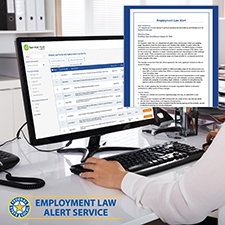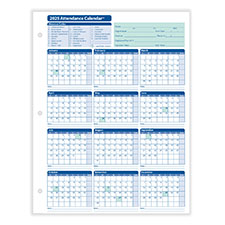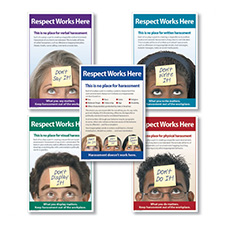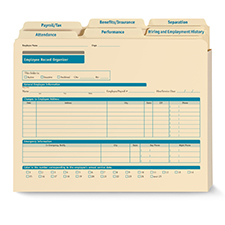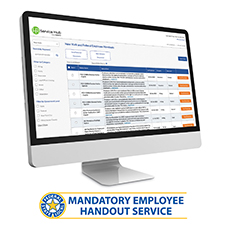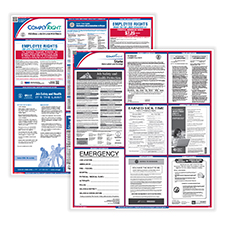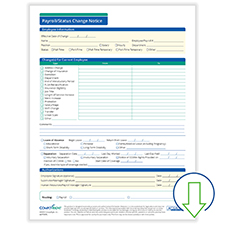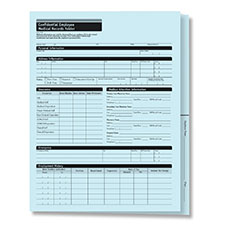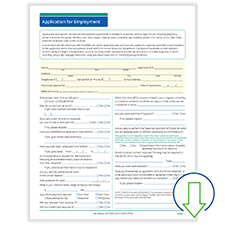
In today’s increasingly complex payroll tax and employment law environment, multistate employers must clear many hurdles to remain compliant.
When processing payroll in certain states, for example, you may need to withhold income tax from an employee's wages even if the employee has only one day of work in that state. In other states, withholding requirements are triggered by a threshold of wages, with little consistency to guide your efforts.
According to a map of the requirements created by the Mobile Workforce Coalition, you’re looking at $300 or more in a quarter in Oklahoma; meanwhile in Minnesota, the threshold is pegged to the minimum income requirement for filing a state income tax return.
Time and pay-related employment laws are just as complicated. This is largely due to years of federal deregulation, with many state and local government agencies passing their own, more generous laws — covering everything from minimum wages and overtime to paid family leave and workplace discrimination. During the federal stall of the minimum wage (which has remained at $7.25/hour since 2009), 29 states plus Washington, D.C. have passed their own, higher minimum wages. Where the rates conflict, employers are expected to pay the more generous rate benefitting their employees.
As a multistate employer, you’re obligated to keep up with each and every requirement, or risk a legal misstep and possible action from a disgruntled employee.
Accounting and Business Groups Collaborate to Ease the Burden
Many professional and business groups recognize the mounting challenges for employers, and are joining forces to make measurable changes.
The Coalition is a group of employers and associations working together to pass legislation that would create uniformity with the tax withholding for employees who work in one state – or many states – but live in another. The Mobile Workforce State Income Tax Simplification Act would establish a 30-day threshold for taxing the work of out-of-state-residents, a move that would greatly streamline the payroll process for beleaguered employers.
Members of the Coalition include the American Payroll Association, the American Institute of CPAs, and numerous state CPA associations, along with chambers of commerce, and a long list of businesses with a workforce heavy on mobile employees who fall under varying state income tax requirements.
The proposed legislation has a few obstacles to overcome, however. Opponents are quick to point out the financial loss for certain states. For example, New York has an enormous population of non-resident workers traveling in and out of the state, and imposes state tax requirements after 14 days. This type of opposition has derailed previous attempts at so-called "road warrior" compliance legislation, despite bipartisan support and widespread recognition of its need.
Complexity Is Never a Defense for Compliance Gaps
In the meantime, employers are expected to satisfy every payroll tax and employment law requirement impacting their employees. Anything less than 100% compliance can put your business at risk.
Richard Cole, National Sales Manager at Payroll Tax Management (PTM), understands the difficult position this puts multistate employers in. “The patchwork of state and local laws, regulations and deadlines can create a dizzying situation for even the most informed and proactive employer,” says Cole. “Fortunately, we know this patchwork firsthand, and can help our clients stay compliant with 11,000 taxing agencies across the country.”
PTM encourages employers to download their whitepaper for more information on multistate payroll tax compliance and some best practices for staying out of trouble.
And for guidance on the latest minimum wages in the states, counties and cities where you conduct business, check out the ComplyRight Minimum Wage Monitor. Select any state on the map to quickly verify rates, including the date the change went into effect (or will go into effect).
Related Content:
Do You Know How to Enforce Employee Attendance? Follow These 9 Pointers
How to Prepare for a Potential 2021 Federal Minimum Wage Increase






 Shopping cart
Shopping cart